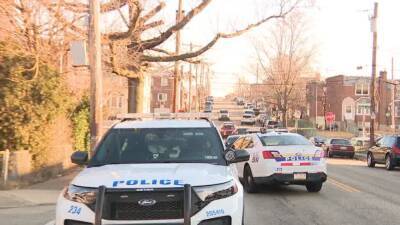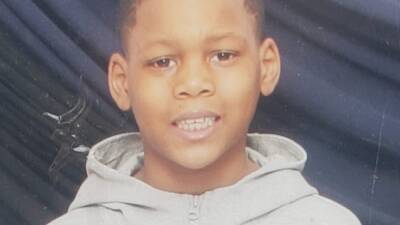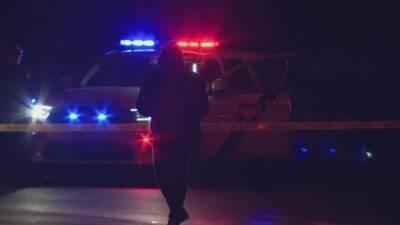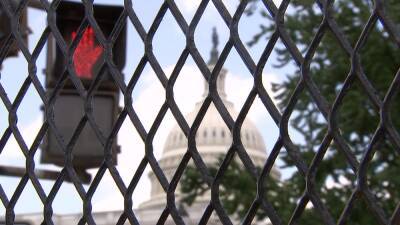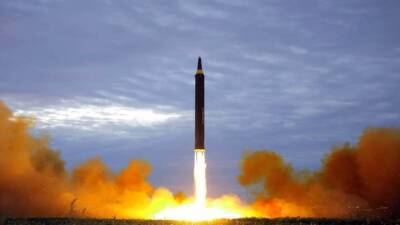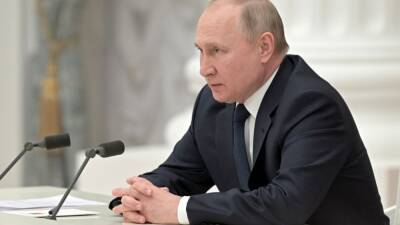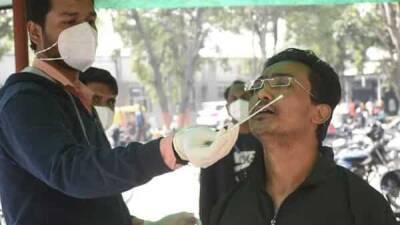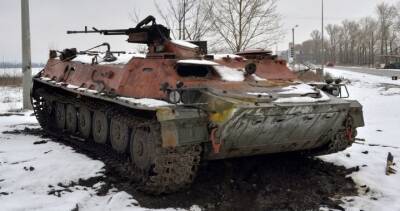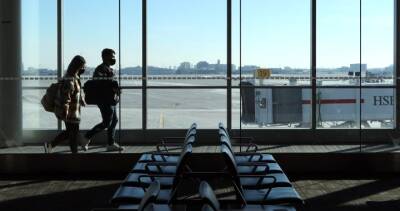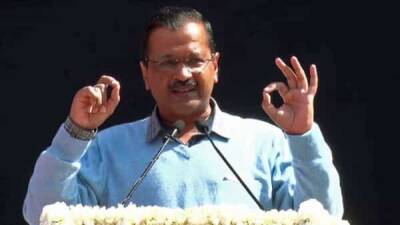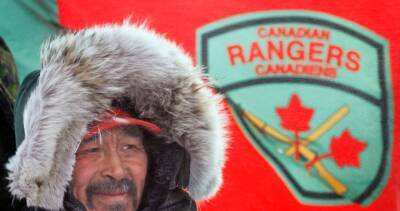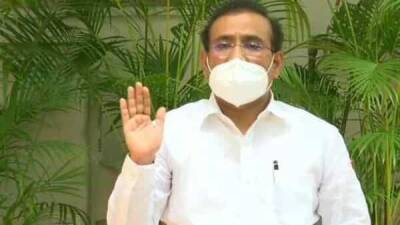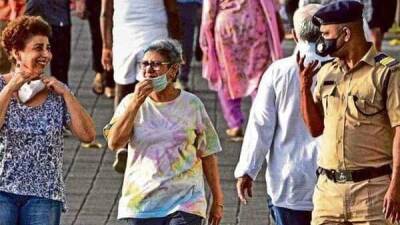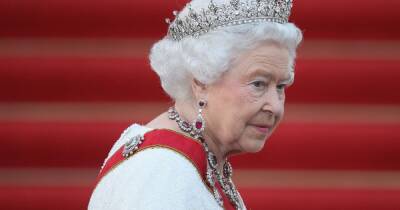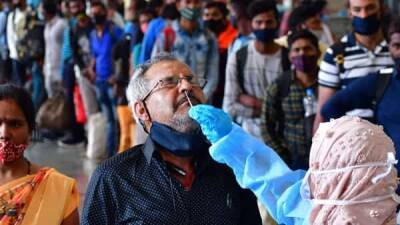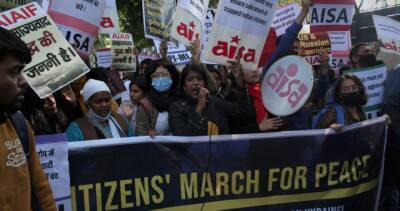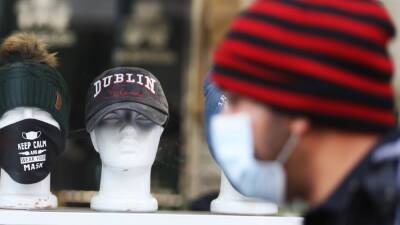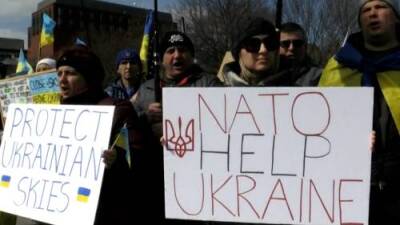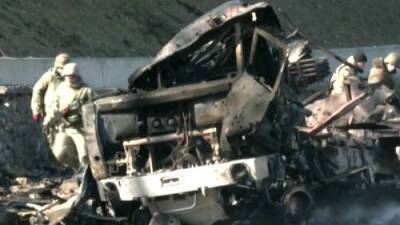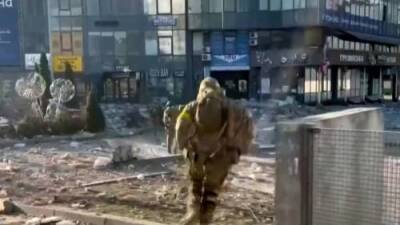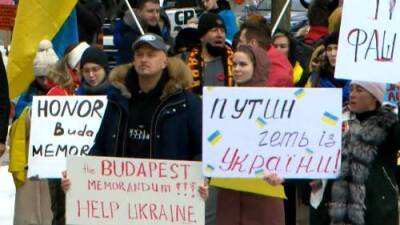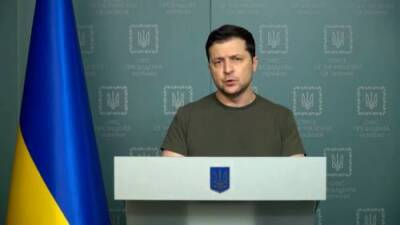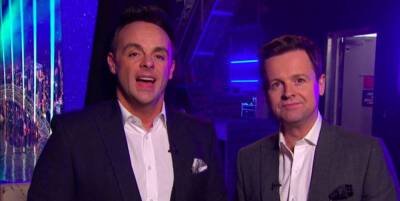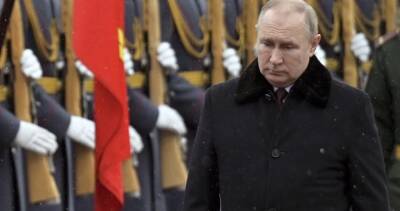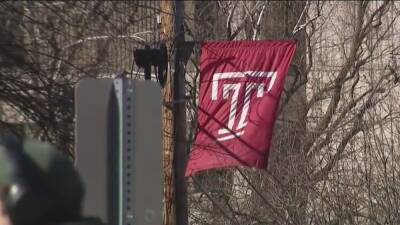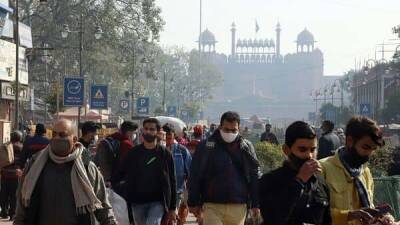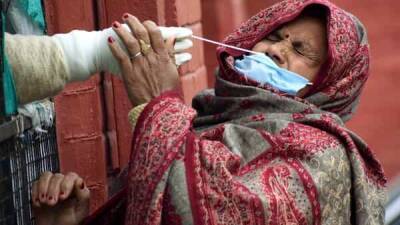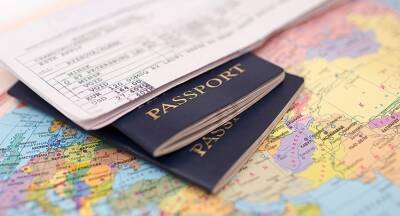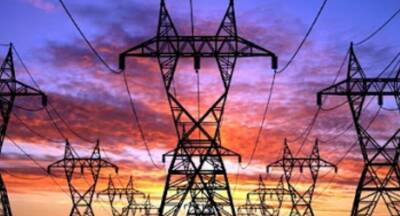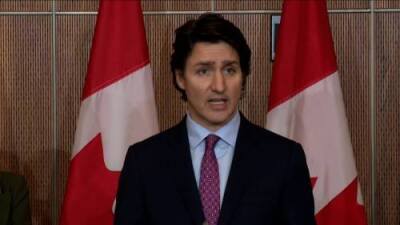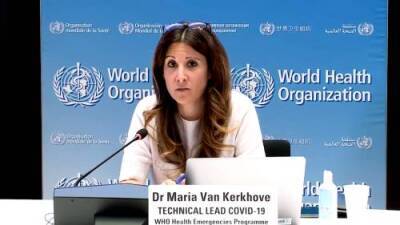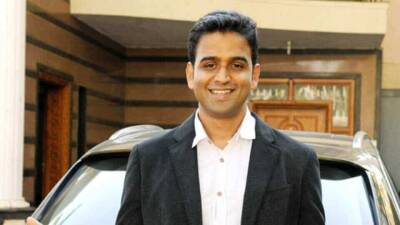When does WHO declare public health emergency? Scientist explains 2 years after Covid alert sounded
World Health Organisation (WHO) declared a global public health emergency over the outbreak of coronavirus, an official from the UN health agency has explained when does an alert like such is sounded and what countries should do after. “It cannot be emphasised enough: Declaring a Public Health Emergency of International Concern is our highest level of alert that the WHO and Tedros Adhanom Ghebreyesus can call out to the world (sic)," said Maria Van Kerkhove, the WHO's technical lead on Covid-19 in a Twitter post.
It cannot be emphasised enough: Declaring a Public Health Emergency of International Concern is our highest level of alert @WHO @DrTedros can call out to the world.What the world has failed to understand is that we do this BEFORE we reach a state of being IN a pandemic… 1/3 https://t.co/dVSrkDHwi2 “What the world has failed to understand is that we do this BEFORE we reach a state of being IN a pandemic.
This alert is not a subtle call to action. It is global alarm to act immediately, to act comprehensively, to wake up and act fast," she added.
Kerkhove said that while the WHO has been outlining the measures that need to be taken for two years now, some countries have chosen to act on it while others did not. “@WHO outlined what was needed to be done then and now.
